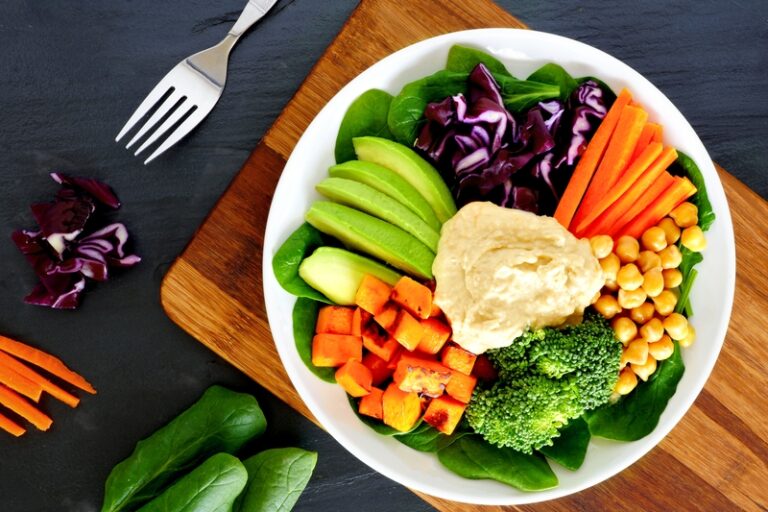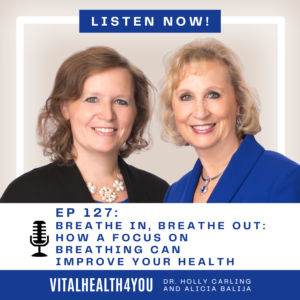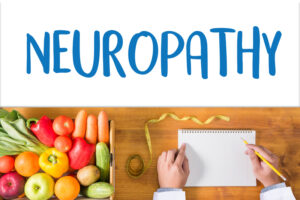Many people complain that it costs too much to eat healthy. I know of people that spend crazy amounts of money to eat healthy. I am not one of them. My “bad” nutritional days are better than most people’s “good” nutritional days, yet I don’t believe that I spend any more than the average person on food. My normal diet consists of organic foods, Pasture-raised meats, raw local honey, lots of super, nutrient-dense foods, and on top of that, is simple to prepare.
Being able to adapt healthier alternatives to your average diet is a key to successful food preparation, including eating on a tight budget. I am a busy girl. I have more irons in the fire than most, but the one area I am unwilling to sacrifice is in the foods that nourish my body. Focusing on simple, nutrient-dense foods gives me the energy, health and stress-coping capacity to live life fully. Spending all day in the kitchen, as was done as recent as 75 years ago, is not an option for my busy life. So how do I do it?
Simplicity, and converting nutrient-dense options are key. I refuse to consume high-fructose corn syrup, standard sugars, and especially artificial sugars. Are there other alternatives? Yes! Not only are there other options, but the other options have more nutrition to them. Don’t get me wrong, I’m not saying that eating sugar is good for you – quite the contrary! But if you have to eat sugar, let’s get some value out of it.
Since the field of nutrition is fraught with confusing ideas, making sense of it all is crucial to sanity in the kitchen. Butter or margarine? Eggs or eggless? Wheat flour or coconut or almond flour? Soy? Corn? Vegetable oil or olive oil? Is olive oil bad or good? Beef and pork or not, and only chicken and fish? Farmed fish or lake or ocean fish? Artificial sweeteners or sugar? Honey or sugar? And what the heck is sucanat, demerara, rapadura?
Moreover, how do you use these things? How can you return to real cooking (that means not eating pre-made foods or using a microwave) to preserve nutritional value, yet not spend all day in a kitchen?
We tend to complicate things when it comes to our foods. We want fancy sauces and eye appeal and of course satisfaction on our tongue. Some people don’t like certain foods, like vegetables, yet know they need to be eating them. How do we satisfy both? There are many secrets in the kitchen that can be easy to incorporate into a busy lifestyle, knowing how is the first step.
©2016 Holly A. Carling, O.M.D., L.Ac., Ph.D.
Medical/Health Disclaimer:
The information provided in this article should not be construed as personal medical advice or instruction. No action should be taken based solely on the contents of this article. Readers should consult appropriate health professionals on any matter relating to their health and well-being. The information and opinions provided here are believed to be accurate and sound, based on the best judgment available to the author, but readers who fail to consult appropriate health authorities assume the risk of any injuries.







